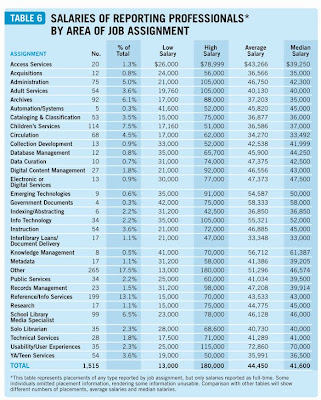 |
| Image from the film The Lives of Others. It's excellent. Go see it. |
In short, we're going to need librarians and archivists.
The data that the state collects can and will be used against it later. History has borne this out. Truth and Reconciliation commissions, court cases, oral histories... archives are sites of contestation, of resistance. Archives are an opportunity to build new power structures, to speak truth to official versions of events.
And to ensure that future generations have access to this data, we'll need librarians and archivists right now, too. Privacy is now a good, a commodity, and it's one that information professionals can offer.
Last year I visited the Baltimore Aquarium and was impressed with how conservation was embedded into the building. It's not just a place to see fish, but a place to learn about how to keep those fish around. We need to do this for privacy, for sensible copyright law, and for open access materials, among others.
The ecology of libraries should look more like that of the aquarium.
- Secure browsers, search engines and email platforms, to the extent that these are possible.
- In library instruction "one-shot" sessions, educate patrons not just on how to select sources for a particular task, because:
our teaching must go beyond tools and skills, so that we can help students understand how information fundamentally works. This means exploring the moral, economic, and political context within which we create and share ideas. Access to information, she writes, is not enough. Our students need to see themselves in the context of "individuals and groups of people actively shaping the world as knowledge producers in a way that renders the consumer-producer dichotomy irrelevant." (The incomparable Barbara Fister quoting Christine Pawley)
- Discovery platforms that take open access, embargoes, and paywalls into account; educating people while they search.
- Notifications in the stacks and the catalog concerning
- banned and challenged books, and
- items that are affected by copyright extensions.
- Expanding digital literacies to include privacy education. (pdf)
- Staff that can leverage the power of the Internet to stay one step ahead of governments and multi- and trans-national corporations.
- Organizations and member institutions that fight for privacy, like the American Library Association (ALA) and the International Federation of Library Associations (IFLA).
 |
| Source is the above link. Glorious, isn't it? |
We're going to need to, sometime in the future, remind us how and when we lost our damn minds. Let's build for this now.
Elsewhere on this site, related:
The Library as Aquarium, or, The SOPA Post






